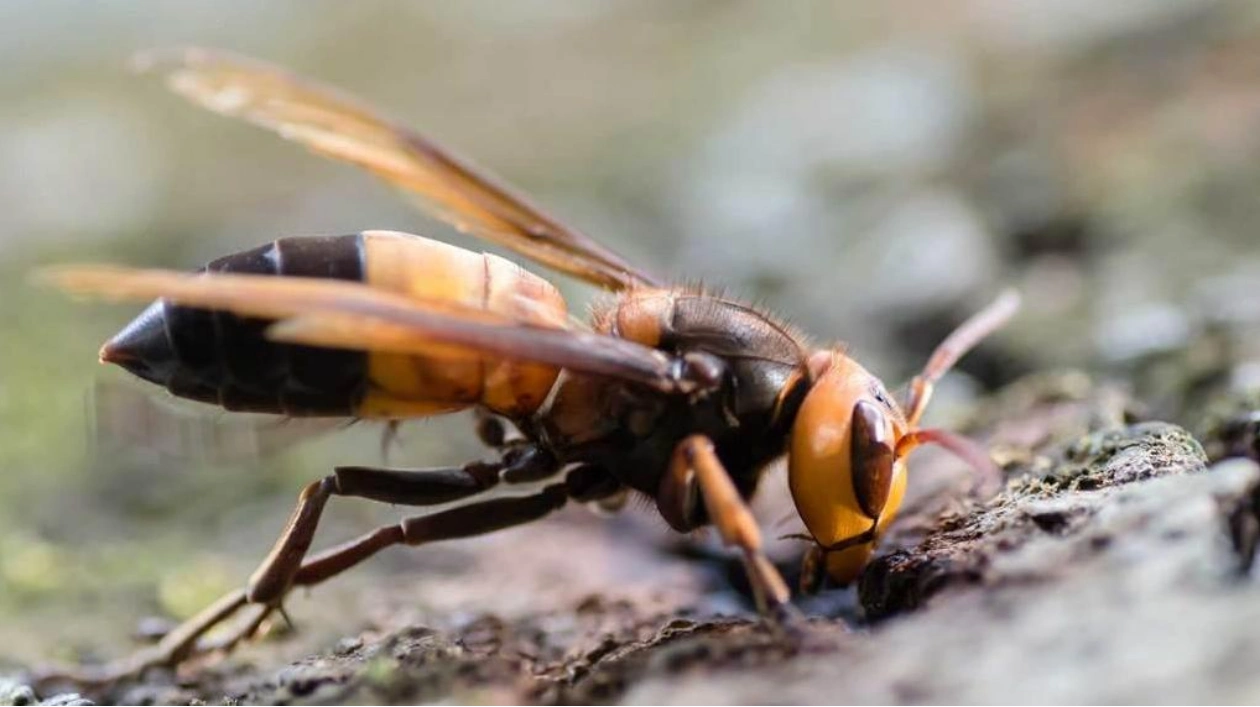A species of colossal hornets has made its debut in Europe for the first time. The southern giant hornet (Vespa soror) is originally from a vast area of tropical Asia, but four of these massive insects were recently found in Spain, according to researchers who published their findings on November 9 in Ecology and Evolution. If these oversized visitors manage to establish themselves on the continent, they could pose a threat to humans, honeybees, and other animals.
"This discovery is somewhat concerning," says Phil Lester, an entomologist at Victoria University of Wellington in New Zealand. V. soror is known for its aggressive behavior towards honeybees. "It will attack a wide range of creatures," Lester explains, including other wasps, insects, and even small vertebrates like geckos. "If it becomes established and abundant, it could be a significant problem."
Beekeepers in northern Spain alerted University of Oviedo zoologist Omar Sánchez and his team in early 2022 about unusual wasps with yellow heads they had been encountering. Suspecting these insects might be a rare color variant of either invasive yellow-legged hornets or a native species, the researchers set up traps to capture them. In March 2022 and October 2023, they managed to catch four of these hornets. After examining the dead specimens, comparing their DNA and physical characteristics to known species, the team confirmed they were southern giant hornets.
As a fierce predator, V. soror is one of the largest known hornets, with workers measuring over 3 centimeters long—about the size of a battery. Until now, they had only been identified outside of their native Asia once—a single sighting in Canada in 2019. Sánchez and his team believe these hornets were likely introduced as hibernating stowaways in shipments to the region, a method that has previously led to the spread of yellow-legged and northern giant hornets far from their native habitats.
It remains uncertain whether V. soror has established a presence in Spain. However, the fact that hornets were caught a second time in 2023 suggests that at least one young queen from 2022 may have survived to start a new colony. Similar to its northern relatives, V. soror is infamous for decimating honeybee colonies, making its introduction a potential threat to the beekeeping industry in Europe. "This is an insect whose sting can be extremely painful and long-lasting," warns Sánchez.
Sánchez and his team are now on the hunt for colonies. Lester emphasizes that time is crucial while the population is still small. "Now is the perfect time to act and try to eradicate them."
Source link: https://www.sciencenews.org






